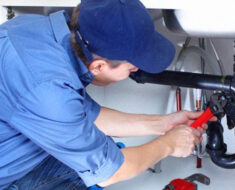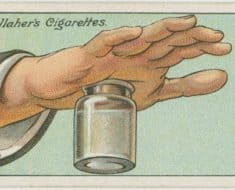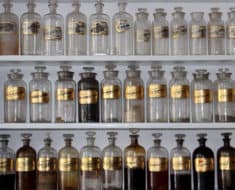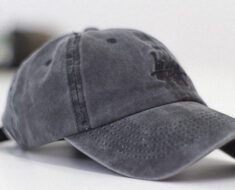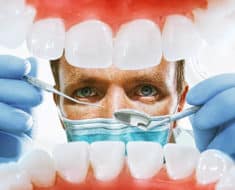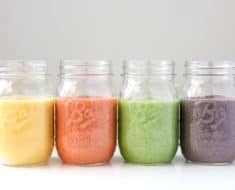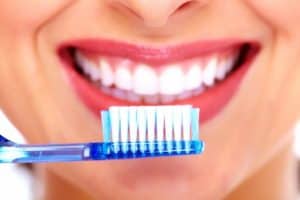
Source: https://friendlydentalgroup.com/
Everybody has heard some advice for better dental care such as — brush teeth at least twice a day, and limit eating sugar sweets. Those who follow these still end up getting their teeth worked on at the dentist’s office. Apparently there is more to preventing tooth decay. Here are some tips to help…
Brush Properly
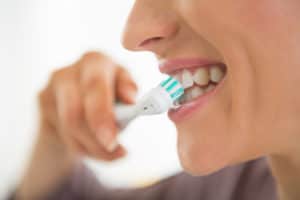
Source: http://sookhongdds.com/
How you brush your teeth and the kind of toothbrush you use matters a lot. Brushing removes the sticky dental plaque which is a mix of food remnants, bacteria, and their sticky byproducts. This is natural after eating, and takes some time before it starts to damage your teeth…like around 12 hours. Hence the advice to brush at least twice a day.
Around 2 minutes of brushing is enough to remove the plaque and minimize bacteria. Bacteria consumes sugar and produces acids as a by-product which dissolve mineral out of the teeth, creating microscopic holes we can’t see…that can grow into big cavities we will see. Electric toothbrushes seem more effective than manual brushing, and the smaller toothbrush heads can reach awkward areas. Medium textured bristles are effective without hurting gums and teeth.
Don’t Rinse…Spit.

Source: http://www.dentistry.co.uk/
Yes…though rinsing with water after brushing is the norm…it is better to spit out. When you rinse you wash away the flouride, the key ingredient in toothpaste which prevents tooth decay. It’s a hard habit to break, but spitting instead can reduce tooth decay by around 25%. It’s your choice though…
Check Fluoride Content In Toothpaste And Use Disclosing Tablets
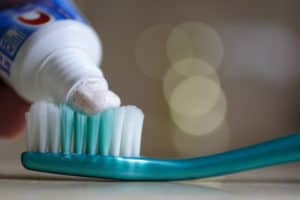
Source: https://upload.wikimedia.org/
Fluoride replaces lost minerals in teeth and helps strengthen them as well. Using the right toothpaste is important…those with 1350-1500 ppmF – that’s fluoride concentration in parts per million – are best. See the ingredients at the back of the tube. Not all children’s toothpastes are strong enough for them for maximum benefit, your dentist may recommend a higher strength fluoride depending on the assessment of your child’s risk of tooth decay…some are more prone than others.
Plaque is whitish like your teeth, so it’s difficult to see. But disclosing tablets make plaque more visible, showing areas you may have missed when brushing. They can be found in supermarkets or chemist shops.
Watch Your Sugar Intake…Limit It To 4 “Sugar Hits” Daily
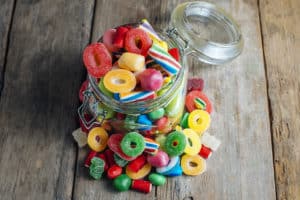
Source: https://s1.1zoom.me/
Natural sugars, like those found in fruits are less likely to cause tooth decay than added or free sugars. Free sugars are those added to food by manufacturers, but also include fruit juices, honey, and syrups.
Bacteria thrives on sugar and produces acids which cause tooth decay. Free sugars should be consumed sparingly…according to the World Health Organization and NHS…less than 5% of your daily calorie intake. This translates to 30g of sugar or about 8 teaspoons daily for those over 11 years old.
Aside from how much, how often you eat sugar also matters. Simple carbohydrates like sugar are easier for bacteria to digest than proteins or complex carbohydrates.Demineralisation caused by acids produced by bacteria are fortunately kept in check by the remineralising effects of saliva and fluoride in toothpaste.
Exposing your teeth to 4 “sugar hits” daily will not have adverse effects on damage to your teeth. Try counting “sugar hits” like cups of coffee with sugar, sweets, biscuits, juices and the like.
So there you have it…four tips for better dental care. Hope it works for you.
Like ✪ Share ✪ Be Awesome
What are your thoughts? Please comment below and share this news!
Awesome Jelly / Report a typo






